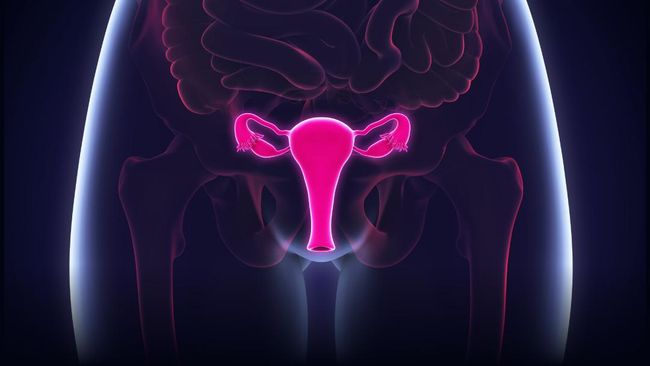Jakarta, CNN Indonesia –
HPV vaccine, which is given to prevent cervical cancer, can be given early. Here are some giving facts and notes vaccine HPV.
Cervical cancer is one type of cancer that threatens many women. This cancer occurs when there are abnormal cells in the cervix or cervix that develop uncontrollably.
This cancer is caused by infection Human Papiloma Virus (HPV). About 70 percent of cervical cancers are caused by HPV. Therefore, it is important to get the HPV vaccine to prevent cervical cancer.
–
Vaccines play a role in making immune cells recognize HPV. The reason is, vaccines are ‘virus like particle‘which is inserted into the body, so that the body can produce antibodies to eliminate HPV.
There are several types of HPV vaccines in circulation. Among them are bivalent vaccines that can prevent HPV which can prevent cervical cancer and precancerous lesions.
In addition, there is also a quadrivalent vaccine. Apart from reducing the risk of cervical cancer and precancerous lesions, this vaccine can also prevent genital warts.
A number of studies on bivalent and quadrivalent vaccines have shown that they are almost 100 percent effective at preventing precancerous lesions.
No need to wait for adulthood, vaccines can be given early from the age of 9 years. Here are some notes on vaccine administration.
–
1. The HPV vaccine is recommended for girls aged 9-12 years.
2. Vaccines catch up recommended at 13-26 years of age.
3. Vaccines are still recommended for women aged 26 years even though their effectiveness is low.
4. HOGI recommends giving vaccines until the age of 55 years.
5. The effectiveness of the HPV vaccine in women who have had sexual intercourse may be lower. Therefore, women who have had sexual intercourse are encouraged to do Pap smear first.
However, it should be noted, vaccines are not recommended for those who have hypersensitivity to vaccine components. Vaccination is also not recommended for pregnant women and should be done after giving birth.
The HPV vaccine itself is given in three doses for six months. The second dose is given after one month of the first dose. The third dose is given six months after the first dose.
Just like other vaccines, the HPV vaccine can also cause several side effects including:
1. Pain, redness, or swelling at the injection site.
2. Headache and dizziness.
3. Nausea, vomiting, diarrhea, and abdominal pain.
4. Itching, skin rash, and urticaria.
5. Muscle and joint pain.
–
(asr / asr)
– .


